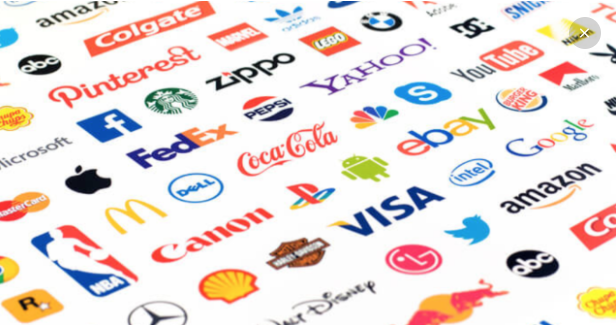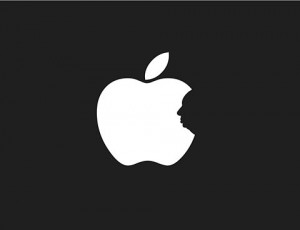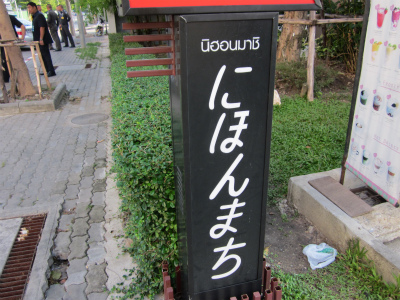How is a brand created?

How is a brand created?
Branding a company is not something you can just leave alone.
Does your company or store have a brand? Or not? A conversation among many business owners.
What is a brand?
A brand is something that is created little by little as the long history and the commitment of the management and employees to their products permeate the customer base.
A brand is created little by keeping promises to customers. The accumulation of conversations and dialogues with customers over many years may be what we can call a brand.
More than a thing, it is a thing.
A product that drives the desire to own.
A Mercedes Benz or other luxury car is better than a mini-car; a Harley-Davidson is better than a moped; a Louis Vuitton bag is better than a Rolex paper bag; and a Harley-Davidson is better than a 100-yen watch.
Each in terms of function,
The same for the means of transportation. They are the same as a means of checking the time. They are the same in the way they carry things. But they are the same in terms of goods. But when we think of them in terms of things, they are completely different. It is interesting. What is the "thing" of your company and what is the "thing" of your company?
By thinking deeply about it, you can see the direction of your company's branding. LVMH (Moët Hennessy Louis Vuitton. It is a famous brand holder company.
They are acquiring famous luxury brands as they go along.
You all know the companies under its umbrella,
In fashion, Louis Vuitton, Loewe, Celine, Kenzo, Dior, Fendi, and Bulgari,
TAG Heuer, Hublot, and Zenith in watchmaking,
Chaumet and De Beers in jewelry
Beverages Dom Perignon, Moet Chandon, Krug, Bouve Clicquot, Hennessy,
Duty-Free Shoppers (DFS).
These are, in fact, all in the same group.
They are all brand-holding companies that were created through one acquisition after another, but not when they first started out.
They are still trying to acquire Hermes and other well-known brands.
It is no mean feat to create a good brand image among customers. It is not something that can be done in a short period of time, and it takes a lot of manpower and effort.
That is why we acquire the companies that own them.
They acquire them and grow them at perfect speed and balance so as not to tarnish the image of the brand.
The number of stores has nothing to do with the brand image.
The first "food and beverage" company acquired by LVMH was Crystal Jade. This is a high-end Chinese restaurant company in Singapore and Hong Kong.
Branding is also possible in food and beverage.
Any kind of branding can be created by how to create the taste, atmosphere, and service offered to customers.
Companies with good brands in the food industry will be the target of M&A in the future.
Japanese food is a coveted cuisine of the world, and sushi, tempura, and other traditional Japanese food and beverage genres may become targets for acquisition by LVMH.
Brands,
Create?
Buy?
Either way,
Japan's largest export product is food, and the related categories of business that derive from it will remain the same. Spreading the Japanese brand to the world! We will support you in this endeavor. With my own discernment,
What genres of products can we offer? What is wrong with it?
Which countries can be used for it? ・・・・・It's an interesting job. This is an interesting job!
Akira Tsuchiya Assentia Holdings,Inc.
→ Akira Tsuchiya


